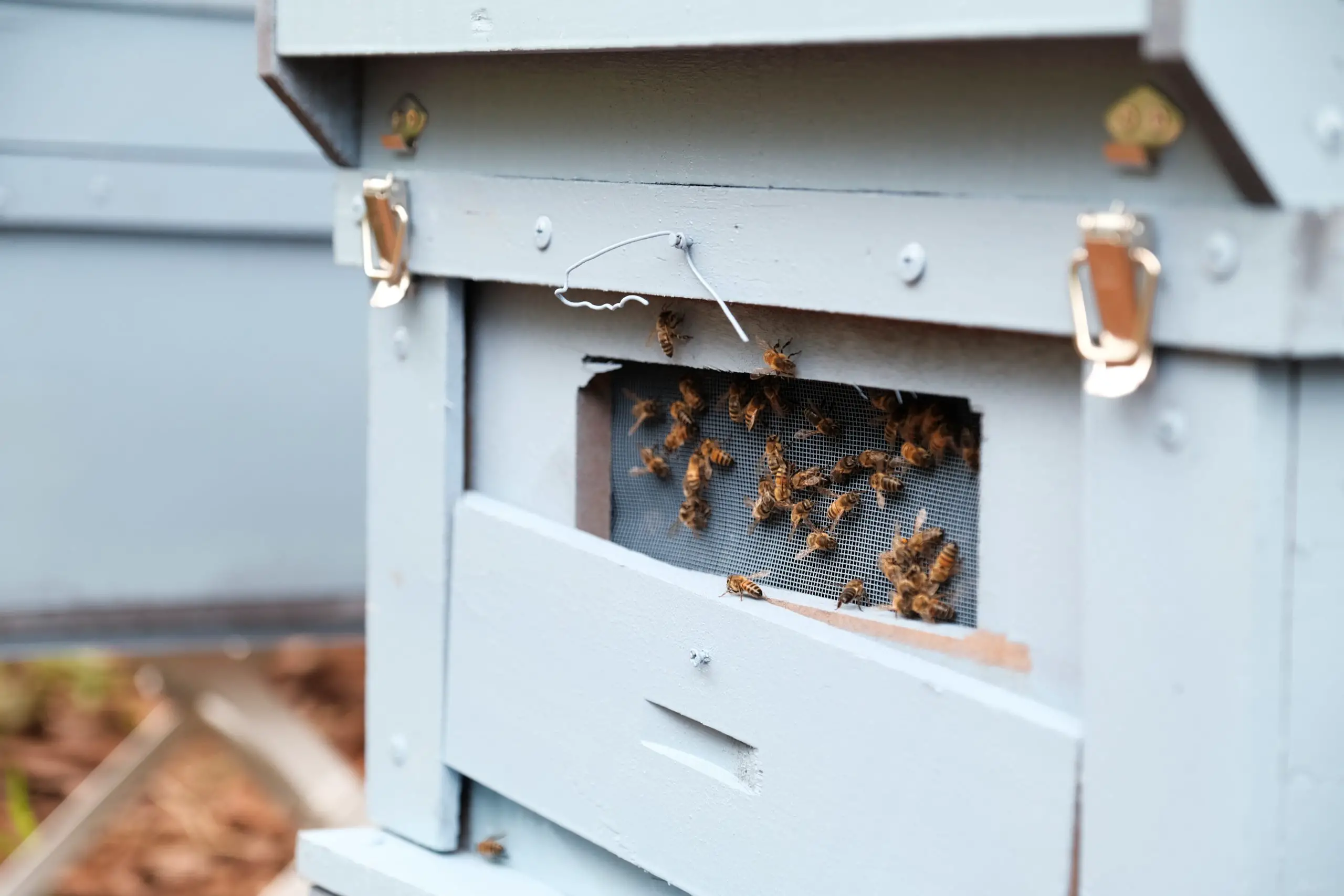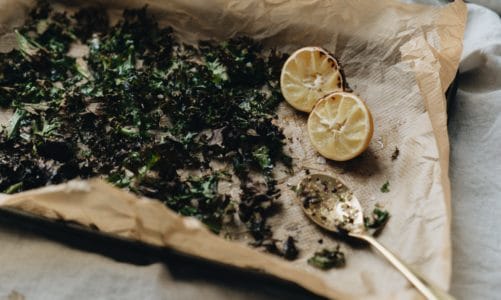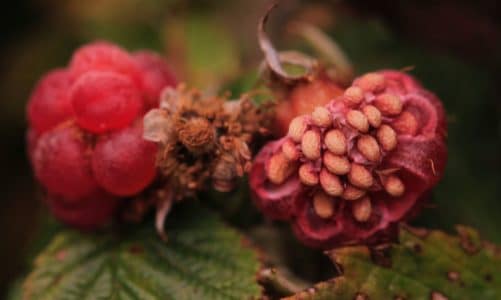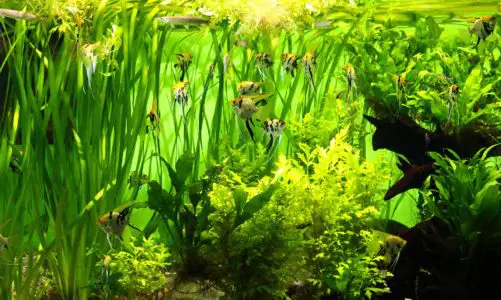The essential oil market is booming. And for good reason too. These concentrated plant extracts have found a useful place in almost every home as natural alternatives for health and wellbeing become more popular. Organic farmers as well as homesteaders are using essential oils to protect their crops and plants from pests the natural way. Did you know that about 30% of our food supply depends on pollinators such as bees? You can support local bees by either planting a pollinator garden or simply a few flowering plants around the house to attract them. Beekeepers too, support and maintain healthy hives, using certain essential oils to attract bees to a new hive.
This essential oil attracts bees to hives
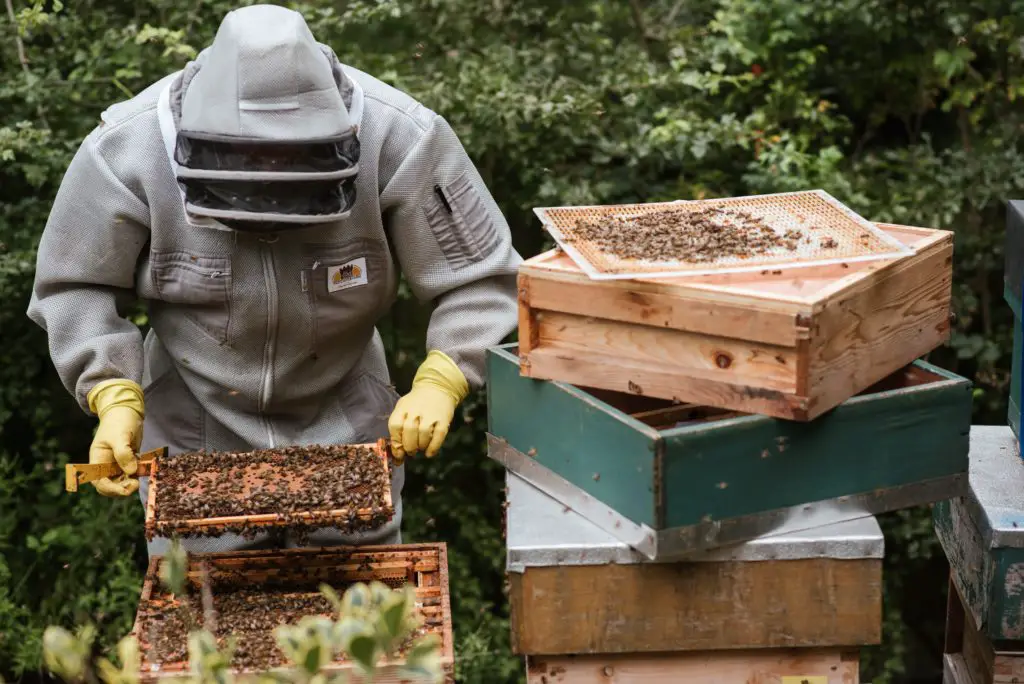
Not only do essential oils attract bees to hives, but it also has many other benefits for beekeepers when it comes to the health of their bee colonies. These oils help to control mites, prevent intestinal disease, keep the syrup from getting moldy in bee feeders, and aid in the introduction of a new queen. Bees are particularly attracted by the scent of lemongrass oil (Cymbopogon citratus). Interestingly, worker bees release the Nasonov pheromone which contains certain isomers that smell like lemongrass. In bee language, it means “welcome home” or “come this way”. One or two drops of lemongrass essential oil in a swarm lure box are all you need.
These essential oils attract bees to pollinator gardens
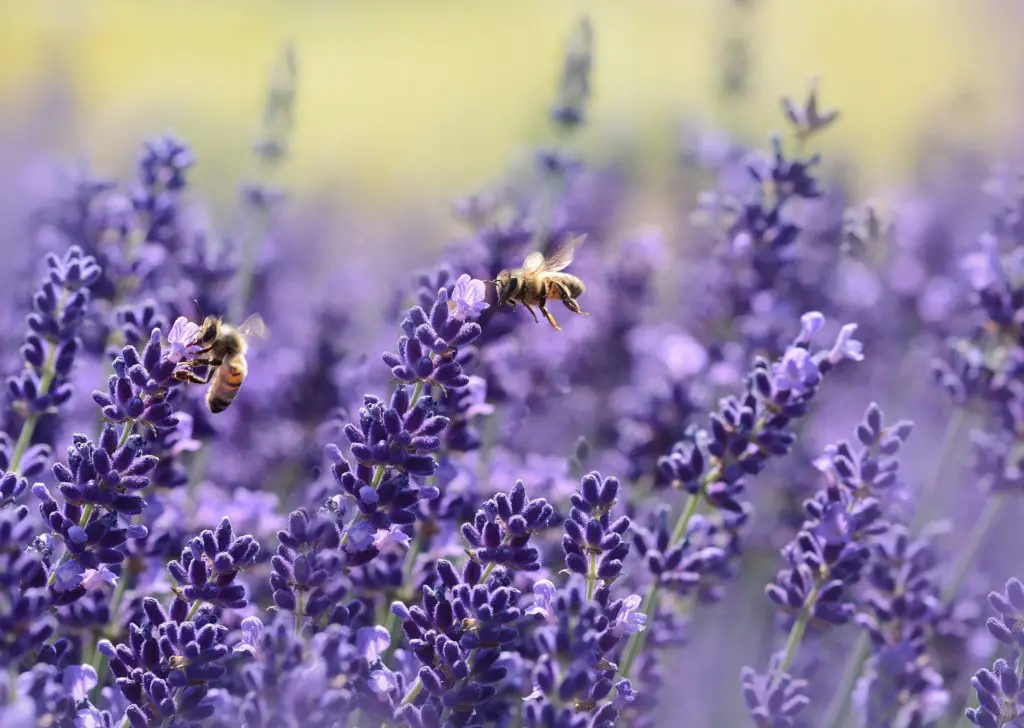
Bee numbers are dwindling fast. Reasons cited are global warming, the use of pesticides, destruction of wildlife habitat, and parasites. They play a crucial role in our food supply by pollinating around 400 types of agricultural plants such as apple, peach, pear, cucumbers, watermelon, squash, and plum. By providing them with a habitat for food such as a pollinator garden you are supporting them. Bees are attracted to lavender, sage, oregano, peppermint, and thyme. Bees love lavender for its large supply of nectar and pollen, especially during nectar flow. And beekeepers love it for its anti-viral and anti-fungal properties to improve overall hive health
Use any of these essential oils to attract bees to your garden:
Lemongrass (Cymbopogon citratus)
Lavender (Lavandula angustifolia)
Orange (Citrus sinensis)
Anise (Pimpinella anisum)
The most common method of using essential oils in the garden is with a fine-misting spray bottle. Add about 10 drops of essential oil to a cup of water. Another method involves the soaking of cloth strips in diluted essential oil and gently tying them around the stems of plants that need visiting or staking them nearby at least.
Sunny Life Mag’s selection of books for beginner Beekeepers
The Beekeeper’s Bible: Bees, Honey, Recipes & Other Home Uses Hardcover | 2011
by Richard Jones (Author), Sharon Sweeney-Lynch (Author)
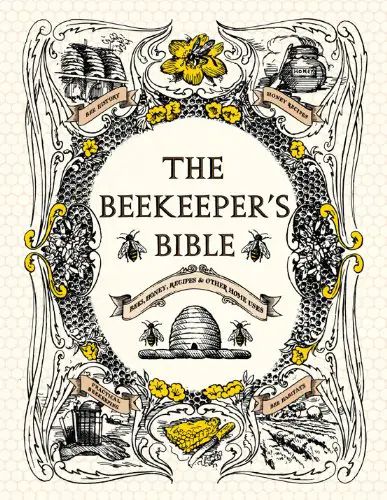
Backyard Beekeeping For Beginners 2022-2023
Step-By-Step Guide To Raise Your First Colonies in 30 Days
Small Footprint Press (Author) | 2021
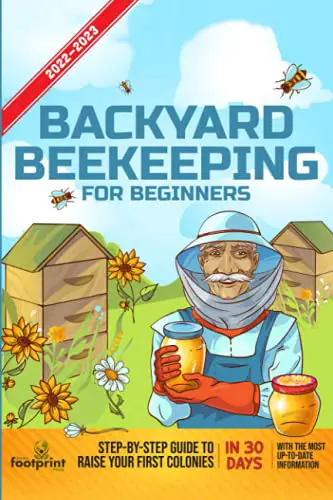
Beekeeping For Dummies Paperback | Illustrated | 2020
by Howland Blackiston (Author)
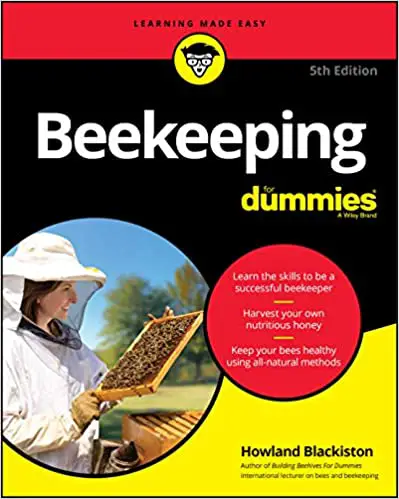
Last thoughts on essential oils that attract bees.
Use essential oils sparingly and with caution. Bees are very sensitive to scent. A little goes a long way. Using essential oils to attract bees is safe, however, tread carefully when using lemongrass essential oil on weaker colonies. The scent of the oil may attract robber bees that may inflict damage to a weaker honeybee colony.
Always choose a high-quality food-grade essential oil. Cheap low-grade oils are often filled with artificial scents and/or synthetic ingredients that could do more harm than good for your plants and bees. The Young Vitality brand, for example, creates essential oils that are used on their own crops. Rocky Mountains is another brand that is sustainably sourced, pure and authentic. Do your research and as always, gather information from more than just one source.
Other useful links you may enjoy:
You might like these articles too:
Are expensive essential oils worth It?
These simple, yet effective essential oils repel Japanese beetles.
Will essential oil kill my plants?
Which essential oils are bad for birds?
40 Houseplants that like acidic soil.
What are the signs of essential oil toxicity in dogs?
Affiliate Disclosure: Some of the links that appear on this site are affiliate links. We may receive a small commission when you make a purchase. These commissions help to improve this site and to fund further research. The buyer does not pay any commission but is an arrangement between the supplier and this site. Only the best products that we believe in ourselves are recommended.
Cautionary note and disclaimer: Sunny Life Mag is a digital magazine for entertainment. The articles published are not intended to be expert advice. Not any of these statements have been evaluated by industry beekeeping specialists. The content of the articles and the products recommended are not intended to diagnose, treat, cure, or prevent any disease or health issue. The intention is also not to imply that essential oils heal or cure. Please consult a professional, knowledgeable in the use of essential oils and their different applications/ uses.
Photo by Anete Lusina from Pexels
Photo by Pew Nguyen from Pexels
Photo by Pixabay from Pexels
